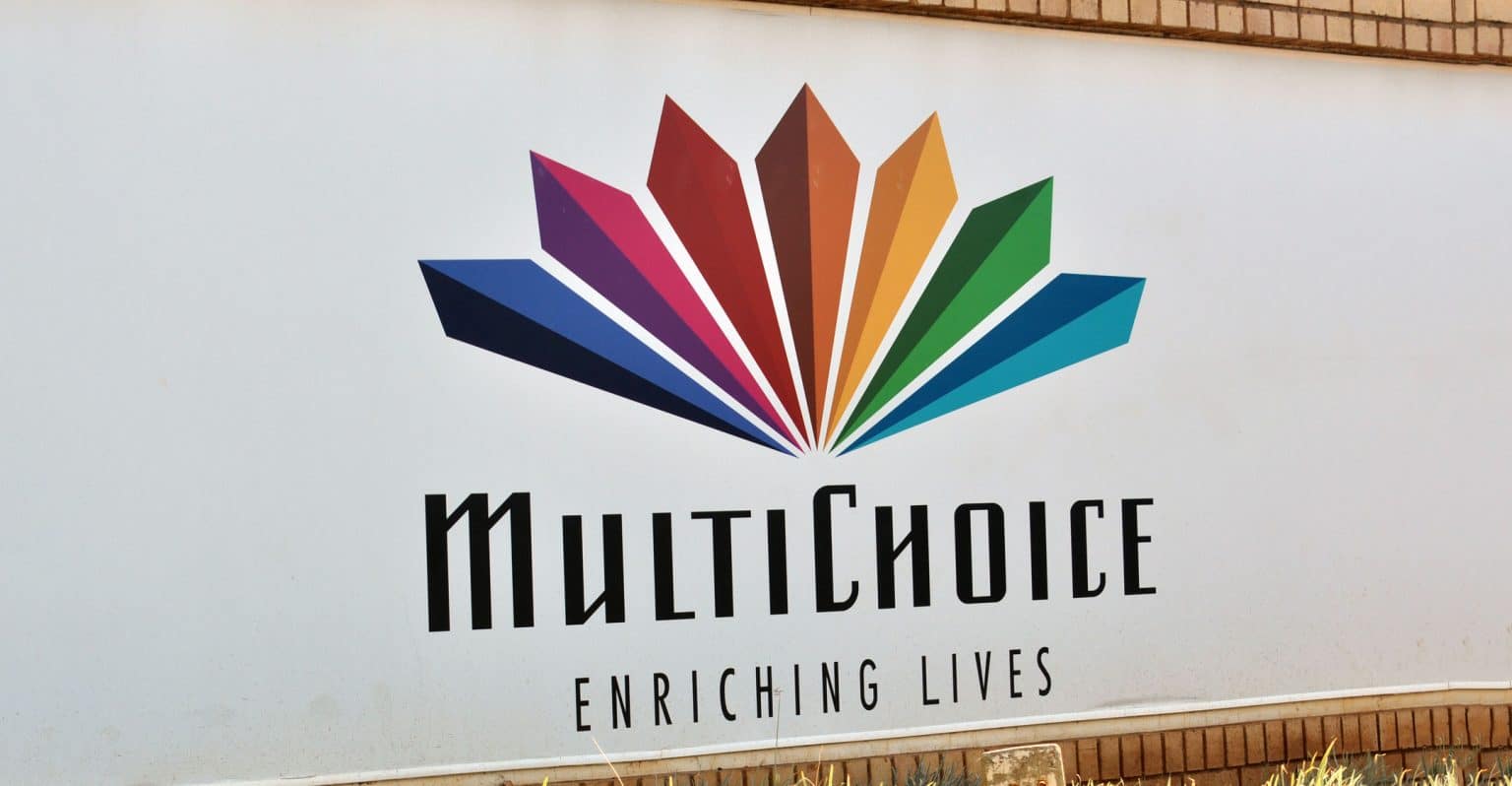The dominant broadcast service provider, Multichoice Nigeria Thursday disagreed with the proposed plan of the Senate on reduction of the tariffs being paid by viewers.
The Multichoice was the only broadcast service provider to vehemently opposed the proposed pay-per-view out of almost all stakeholders that turned out at a one day public hearing organized by the Senate Ad-hoc Committee on “Pay-TV Hikes And Demand for Pay-per-view subscription model,” headed by Senator Aliyu Sabi Abdullahi.
The broadcast service provider in its submission to the Committee defended its stand and cited challenges in the communication industry as reasons there should be price hike, particularly the lack of power and insecurity rocking the nation.
In his oral submission at the Committee, the Chief Executive Officer (CEO), Multichoice Nigeria, John Ugbe, said the pay-per-view will hurt the economy, insisting that for the past 27 years of their operations, the model being planned by the legislators would not augur well despite Nigeria’s free market economy.
He urged the parliament to allow them to determine what Nigerians pay, noting that Nigeria doesn’t have the.consucove environment, either.
“Pay television services compete with other services for subscribers’ disposable income, including existing broadcasting services (public, commercial free-to-air and other pay television services), and other entertainment services, such as YouTube, Facebook, cinemas, video rental outlets and DVD retailers.
“The demand for pay television services fluctuates and is very sensitive to the price a subscriber has to pay and affordability factors.”
The position of Multichoice was contrary to the of the TSTV, which admitted that they have been operating pay-per-view from inception after they were licensed to operate, stressing that the current model of subscription made viewers to pay for channels they don’t watch.
Ugbe said: “If the subscription fees are either too high or too low, the pay television service will fail. If the subscription fees are too high, the subscribers will unsubscribe, or will not subscribe in the first place, and the business will be unable to gain the critical mass necessary for its survival.”
“In determining subscription fees, MultiChoice takes into account many factors, including inflation, increasing input costs, ever escalating costs of technical upgrades, the impact on subscribers and the exchange rate fluctuations.
The position of TSTV, another broadcast service provider seems to be aligned with the thinking of the Senate, given that citizens have decried the price hike in subscription to Multichoice, a development that brought about the Senate constituting the Ad-hoc Committee to lose into the grievances of citizens.
In the similar vein, Startimes Nigeria posited that the pay-per-view was sustainable in as much as viewers would subscribe and pay for only channel of their choice, instead of the monthly subscription which costs them move.
Chairman of a Committee and the Deputy Chief Whip of the Senate, Abdullahi Sabi and Senator Abba Moro maintained that the Committee would weigh all presentations before taking a decision.
Before the meeting was adjourned ‘sine die’, the Chairman promised to look into other submissions by stakeholders who were unavoidably absent before reverting its report to the Senate for legislative debate.

